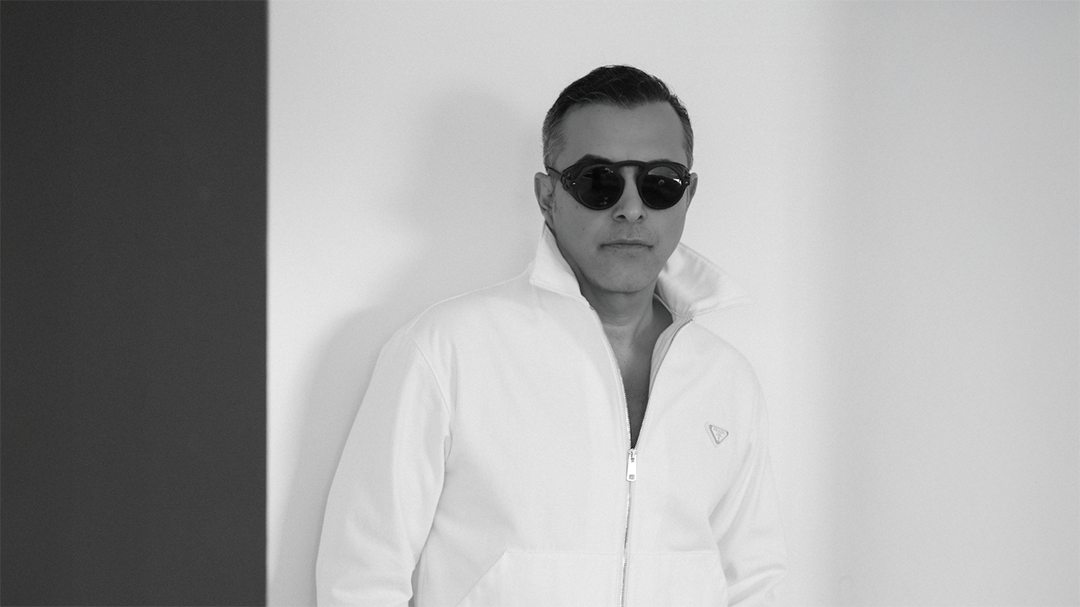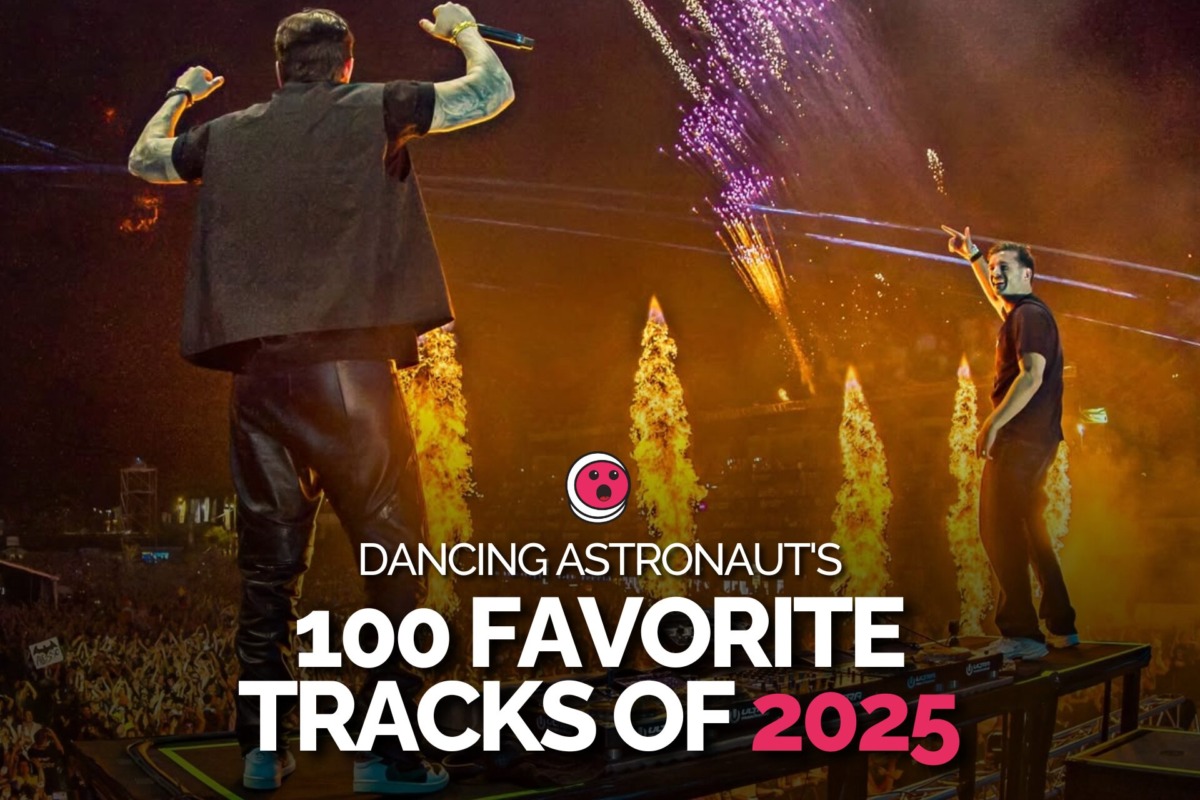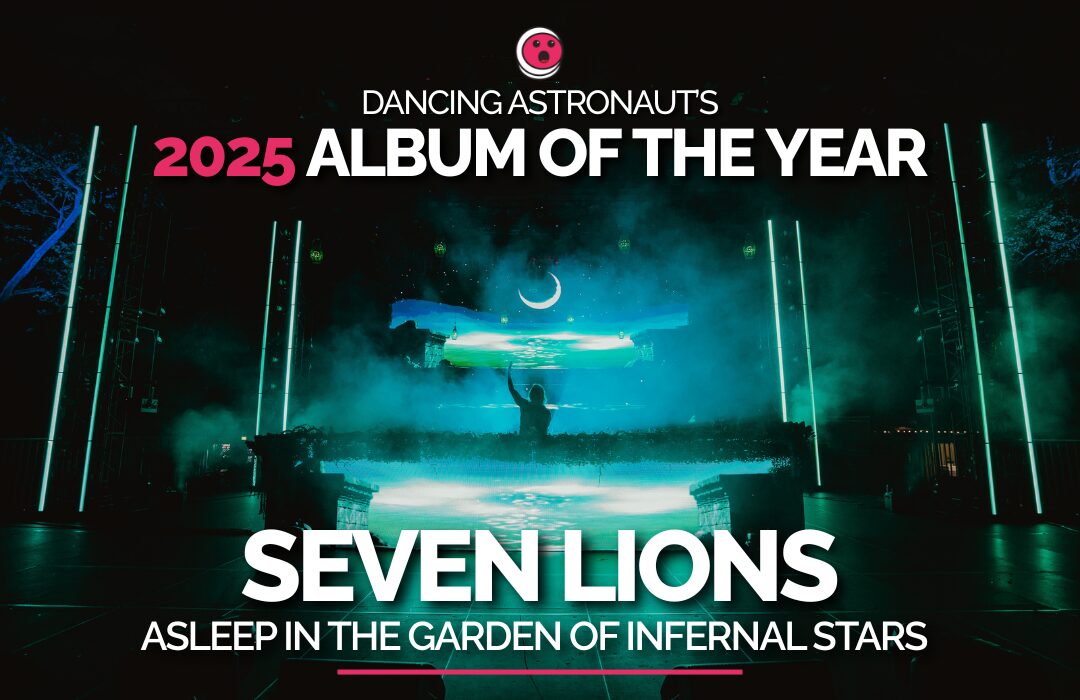WARNING: The following contains spoilers for Platinum End Episode 13, "World Peace," now streaming on Crunchyroll and Funimation.
When the playful but brutal angel Nasse met Kakehashi Mirai in Platinum End's premiere, she explained the current God will retire in 999 days, and a new one will be chosen from among 13 human candidates in a heavenly battle royale. Mirai took it all at face value, but his worst enemy, Metropoliman, has doubts about this story.
Ordinary humans like Mirai, Hanakago Saki and Metropoliman cannot simply meet God or communicate with the deity to confirm its existence, so they must take the angels at their word. However, Metro wonders if God is a fabrication, and the angels are actually aliens in disguise or secret superweapons someone invented -- and he may not be wrong.
Mirai and Metropoliman exchange arguments as well as arrows at the abandoned amusement park, where the latter has many shocking and radical ideas to share. He describes what his ideal future as the new God would be like, creating a world where members the beautiful elite aren't weighed down by providing charity for the impoverished masses.
This generally contradicts the values of charity and altruism in most major religions, and what is more, Metropoliman wonders whether God exists at all. It's not clear what his own religious beliefs are, if any, but his words would shock most people of faith on more than one level. He rejects God and charity alike, and would replace both with his own radical ideas.
Metropoliman comments on the distant God and the angels around him, wondering if they are actually what they claim to be. These angels are all fairly stereotypical versions of what someone might expect them to look like -- based on pop culture's image rather than what the Christian Bible originally described. It's almost as though some organization or great being saw the stock image of angels and created false ones based on that image, and conveniently, God cannot be seen at all. In fact, Platinum End's God seems completely inactive, and this lack of evidence gives Metropoliman some ideas. Perhaps all this is a huge scam after all.
Metropoliman already has a God complex of his own in Platinum End, and now his extreme and self-serving views further suggest he doesn't believe in a real God or angels at all. Perhaps he cannot stand the idea of a supreme being who can control his life or create injustice in the world, so he aims to become God himself. He cannot doubt his own existence, after all, nor will he doubt his own ability to create a world that fits his views.
Although he remains unsure what party sent Meyza the "angel' to him, he clearly feels confident that if he defeats his enemies and becomes God, he can make his wild, brutal dreams a reality. He will accept this godly power from any party if it means getting what he wants -- even if that party is a race of ultra-advanced aliens or a secret cabal that built the angels as superweapons. Metropoliman's clients can be anything so long as they deliver, and he believes he will be the first true God and create true justice for humanity at last.
There's no way to prove him right or wrong at present -- a fantastical anime like Platinum End has room for a major plot twist such as "it was aliens all along" or "the angels are robots from the future." It's unlikely but not impossible, and Mirai should watch his back where the angels are concerned. Nasse and Revel may be wholly different than what they claim, and the implications are significant.
About The Author

